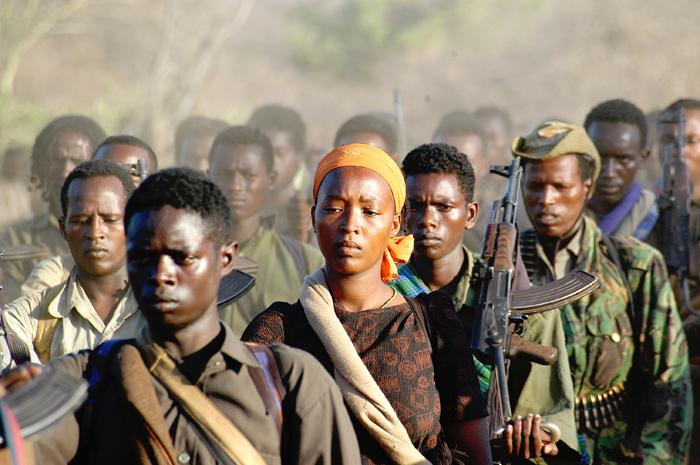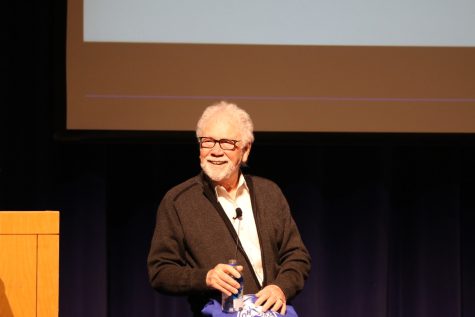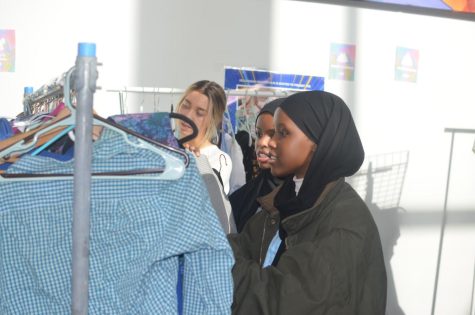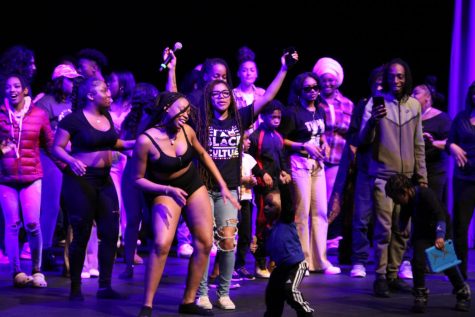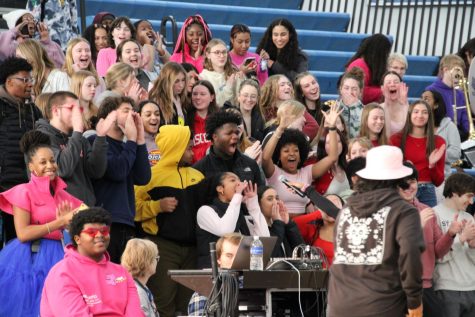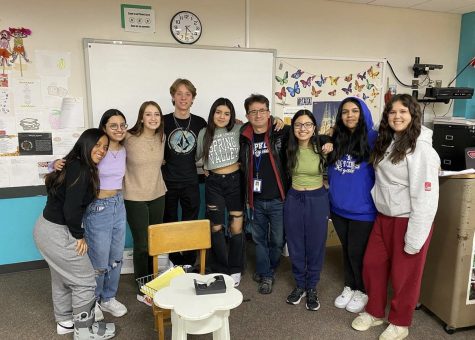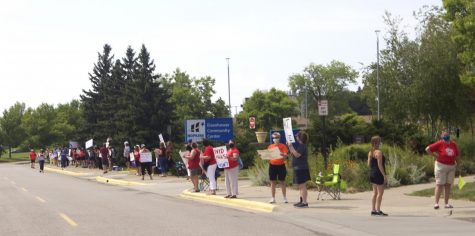Oromo conflict: protests in Ethiopia, awareness in St. Paul
Oromo people are escorted by the Ethiopian army away from their native lands.
The latest protest, the most recent mass riots, the next government retaliation: these are regular dinner conversation topics for Kabor Namarra, junior.
Since November 2015, demonstrations have taken place across Ethiopia in defense of the Oromos people. In fact, Ethiopian forces killed at least 140 protesters in January after accusing the Oromo protesters of being linked to terrorist groups, according to BBC News. However, the protests were not in favor of or against any terrorist group, but instead against government expansion into Oromo land.
In Ethiopia, Namarra’s father had been involved with the Oromo people as an Oromo advocate and political leader. However, when he was exposed to the Ethiopian government, he was forced to flee the country and find refuge in the United States.
“Even though he isn’t there, I can still see that he’s affected,” Namarra said. “I see that it hurts him to watch the news whenever the [Ethiopian government] takes our land or they kill Oromo people. ”
At a population of about 25 million, the Oromo people are the dominant Ethiopian ethnic group out of the country’s population of about 74 million. When King Menelik II occupied the land in the 1880s, the Oromo people and other ethnic groups were forced to leave their homes and sold into slavery. Soon after, Oromia’s land became Addis Ababa, or the modern day capital of Ethiopia.
“It’s the harsh story and reality of my people,” Namarra said. “Even though it isn’t talked about here in America, it’s important for me to talk about it with my family.”
Though the conflict is deemed invisible in the western world, Namarra has been taught the importance of the Oromo and Ethiopian conflict from his father, David Namarra.
“My father is a big role model for me. My dad always says that we are one, and everyone is family,” Namarra said. “For me to learn and help the cause of this conflict means to learn more about the Oromo people so that I can pass it on to the next generation.”
To show his own support to the Oromo people, Namarra regularly attends the Oromo Community Center in St. Paul to help raise awareness and speak on the issue.
“[The Oromo Community Center] raises awareness through emails, calling, and sometimes protesting. But we usually meet to gather and talk about what’s happening or if we’ve gotten any word from family,” Namarra said. “I like being a part of it because it shows that, even though I’m young, I can still help make a difference.”
Though the conflict continues, and hostilities grow daily, Namarra is determined to remain optimistic that justice will be brought to his people.
“I’m strongly with my people. I want to be there for my people,” Namarra said. “And because I stand for my people, I want the movement to progress so that one day, my people get the land and liberty they fight for.”

